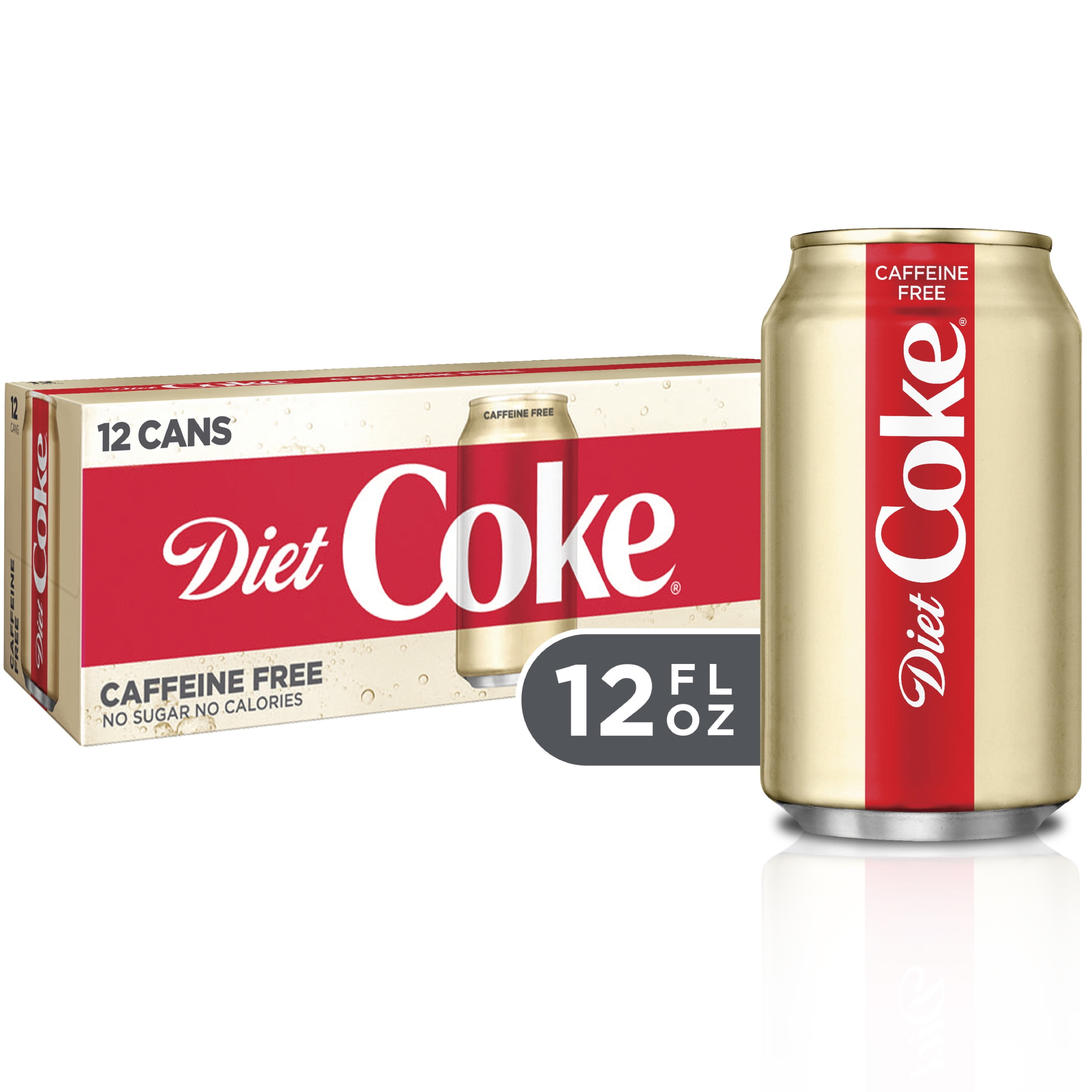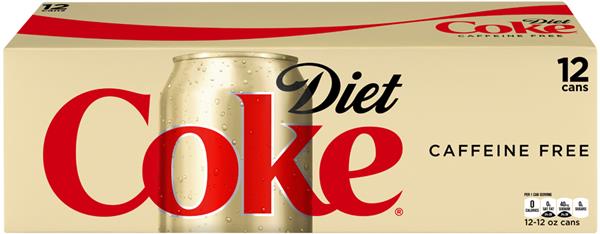
What’s more, in an 8-year study in 64,850 women, consuming artificially sweetened beverages increased the risk of diabetes by 21%, though the risk for those drinking sugar-sweetened beverages was even higher at 43% ( 17).

However, the sugar substitutes it contains may not necessarily be a healthier option for people looking to reduce their risk of diabetes.Ī 14-year study in 66,118 women observed an association between drinking artificially sweetened beverages and an increased risk of type 2 diabetes ( 15).Īnother study in 2,019 people showed a link between both sugar-sweetened drinks and artificially sweetened diet beverages and type 2 diabetes, suggesting that switching to diet soda may not lower your diabetes risk ( 16). The acidic pH level of Coke Zero is associated with an increased risk of enamel and tooth erosion, though it may affect your teeth less than other acidic beverages.Ĭoke Zero is sugar-free. Still, keep in mind that citric acid has been found to erode teeth more than phosphoric acid, which suggests that Coke Zero may affect tooth enamel slightly less than Diet Coke ( 12).Īdditionally, Diet Coke had less erosive effects than other beverages, such as Sprite, orange juice, and apple juice ( 13). One study on human teeth noted that phosphoric acid causes mild enamel and tooth erosion ( 12).Īnother study observed that Coca-Cola Light ( Diet Coke), which differs from Coke Zero only in that it contains both phosphoric and citric acid, caused enamel and tooth erosion in freshly extracted cow’s teeth in just 3 minutes ( 13, 14). One of the main ingredients in Coke Zero is phosphoric acid. Similarly to regular soda, drinking diet sodas like Coke Zero is associated with an increased risk of tooth erosion. More research is needed to understand the benefits and risks of diet beverages. The evidence on the use of Coke Zero and other artificially sweetened drinks for weight management is conflicting. However, we can put more trust in human trials than observational studies, which are more likely to be affected by other factors. Thus, the evidence on the effects of artificially sweetened beverages on weight management are conflicting, and more research is needed. In another study, people in a 12-week weight loss program who drank artificially sweetened beverages lost 13 pounds (6 kg), while those drinking water lost 9 pounds (4 kg) ( 11). In one 6-month, randomized, controlled study, people with overweight or obesity experienced moderate weight loss of 2–2.5% of their body weight when replacing caloric beverages with diet beverages or water ( 10).

On the other hand, many human intervention studies indicate that the use of artificial sweeteners is either neutral or beneficial for weight management. This suggests that artificial sweeteners may influence body weight in other ways than calorie intake ( 6, 7, 8).Īnother study observed that drinking diet soda was associated with greater waist circumference over 9–10 years ( 9). The same study noted that total daily calorie intake was lower in individuals who drank diet beverages despite their increase in weight.

One 8-year observational study found that people who drank more than 21 artificially sweetened beverages per week almost doubled their risk of overweight and obesity, compared with people who didn’t consume these kinds of drinks ( 6). Research results on the effects of Coke Zero and other artificially sweetened beverages on weight loss are mixed. It’s sweetened with artificial sweeteners, which have controversial health effects. summaryĬoke Zero does not contain any calories or sugar and is not a significant source of nutrients. The only differences between Coke Zero and the new rebrand - Coca-Cola Zero Sugar - are minor changes to the natural flavor composition. The remaining ingredients are carbonated water, caramel color, food additives, and natural flavors ( 1). Though the research is inconsistent, some studies find that the use of artificial sweeteners may contribute to the development of obesity and metabolic syndrome, a cluster of conditions that increase disease risk ( 3, 4, 5).Ĭoca-Cola Zero Sugar (Coke Zero) uses several common artificial sweeteners, including aspartame and acesulfame potassium (Ace-K).

The health effects of artificial sweeteners are controversial, and concern regarding their safety is growing ( 2). To sweeten this beverage without adding calories, artificial sweeteners are used. One 12-ounce (354-ml) can of Coca-Cola Zero Sugar (Coke Zero) offers ( 1): Coke Zero does not provide any calories and is not a significant source of nutrition.


 0 kommentar(er)
0 kommentar(er)
